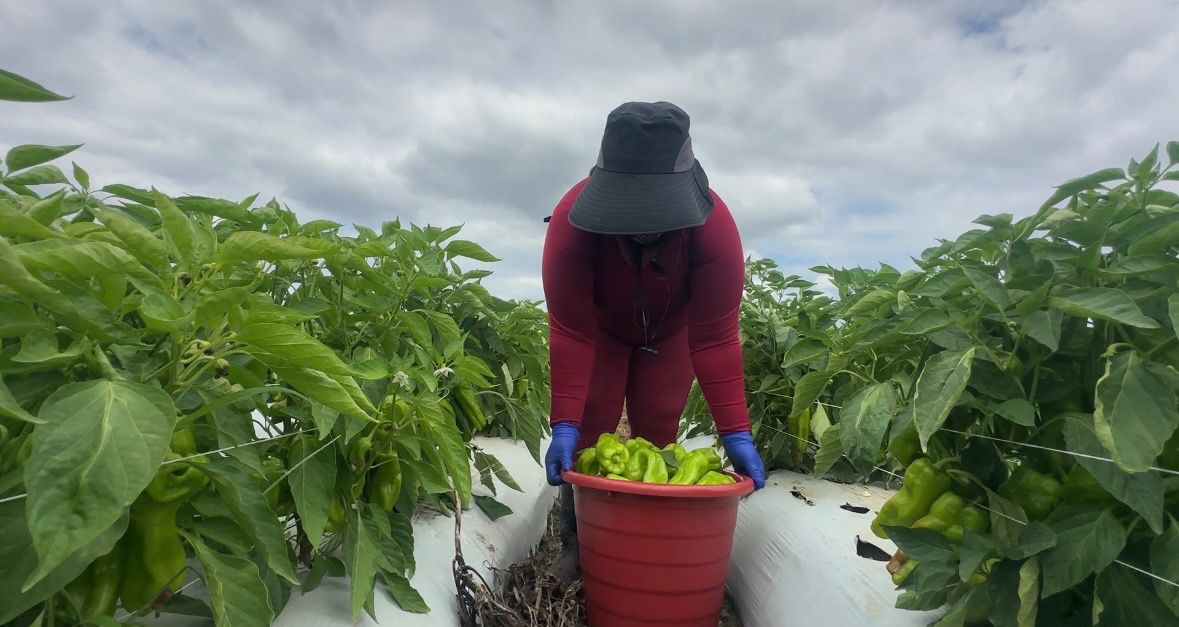ODESSA, Fla. — The Pasco County Mosquito Control District launched an effort this week to lower the risk of mosquito-borne illnesses by targeting the population of one of the primary disease-carrying species.
"The idea behind the Sterile Insect Technique is that you release sterilized male insects in the environment, and they're out there to just mate with the wild female aedes aegypti in the area," said Adriane Rogers, the district's executive director. "So, they produce eggs still when they mate with these sterilized males, but the offspring don't actually — it's not viable. So, the eggs don't hatch."
Rogers said aedes aegypti is one of 47 mosquito species in Pasco County and makes up about 1.6% of the total population. But she said it's a primary carrier of diseases like yellow fever, Zika, and dengue. According to Rogers, nine locally-transmitted cases of dengue were reported in Pasco last year.
"The two things that you need for mosquito production are high temperatures and rainfall, and we're getting a lot of that," she said. "We're starting to get the rainfall now, and so we're seeing those numbers in our traps already start to tick up a little bit. So, now is a really good time to launch this project before we see a really big spike in those populations."
The eight-week proof-of-concept trial started May 8. A district spokesperson said about 30,000 sterilized male mosquitoes will be released each week on a 30-acre site in Holiday that's historically been home to large numbers of aedes aegypti. The district will then compare population numbers there with a site where releases aren't happening.
"Other programs that have used this have shown that it is quite successful in reducing that risk of mosquito-borne disease," Rogers said. "So, that's what we're doing here in Pasco County to make sure — is it going to work here in our local environment?"
Rogers said male aedes aegypti don't bite, so residents in the area won't have to worry about more annoying bites or increased risk of disease. If the program is successful, she told Spectrum News the goal is to add it to the number of methods used to control and monitor the mosquito population.
With rainy season coming up, Rogers said there are steps residents can take to protect themselves from aedes aegypti. She said anything that can hold water — things like tires, bird baths and wheelbarrows — should be emptied to stop females from laying eggs there.
Rogers also noted that this species of mosquito is also active during the day, unlike others that are mainly seen at dawn and dusk. She suggests wearing bug spray with DEET listed as the active ingredient, and covering up skin with long sleeves and pants, along with shoes and socks, if possible.




)




